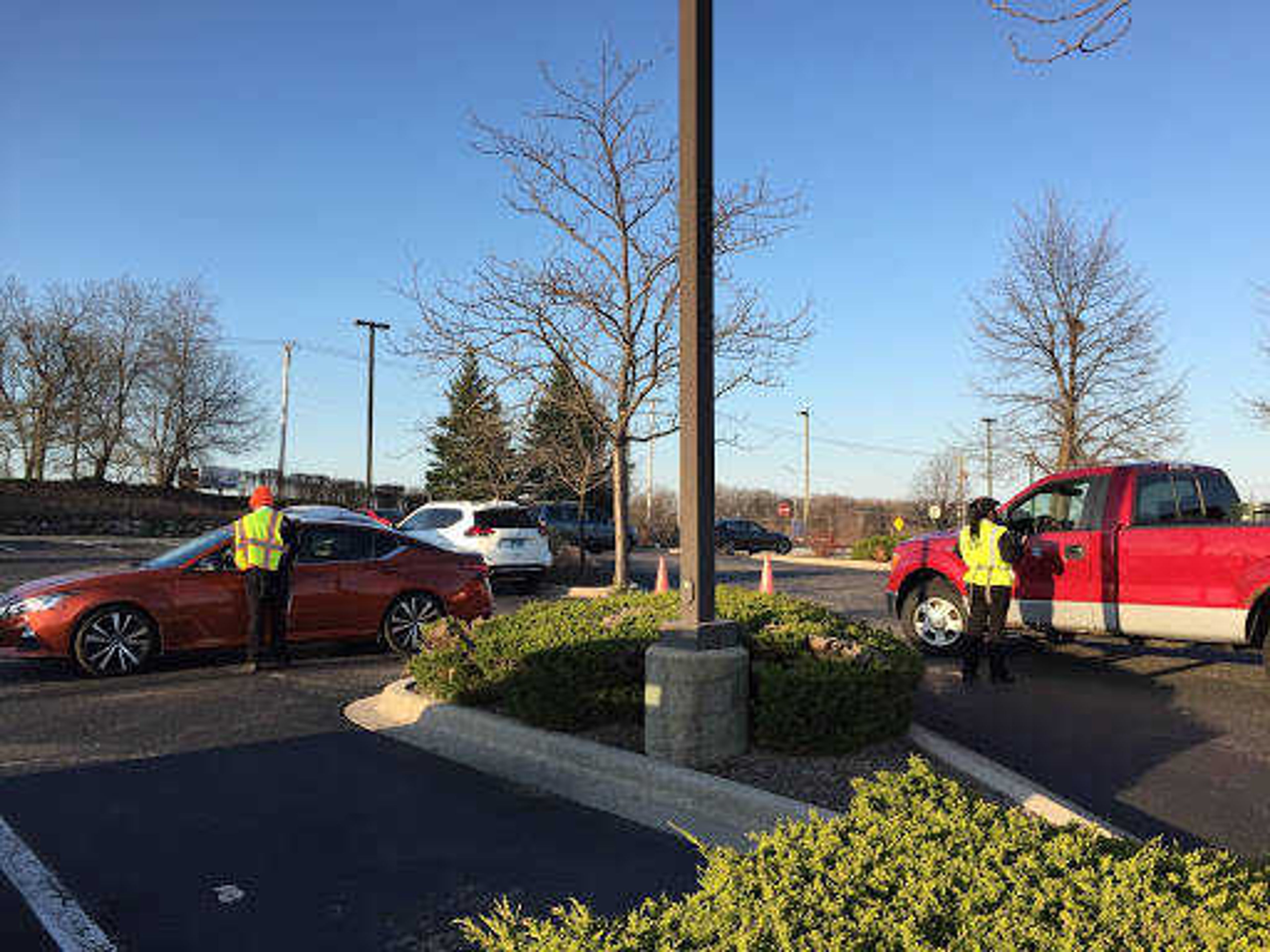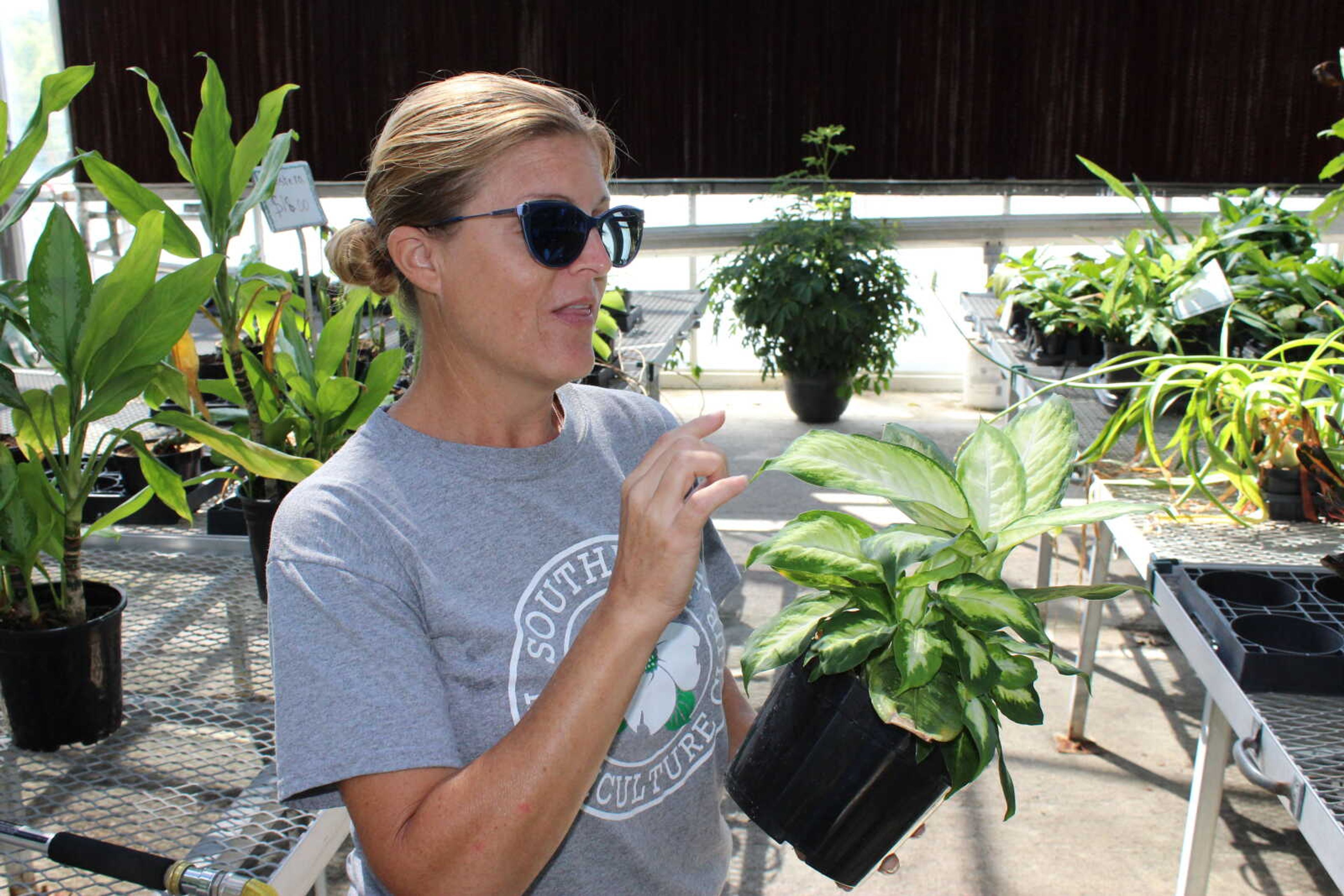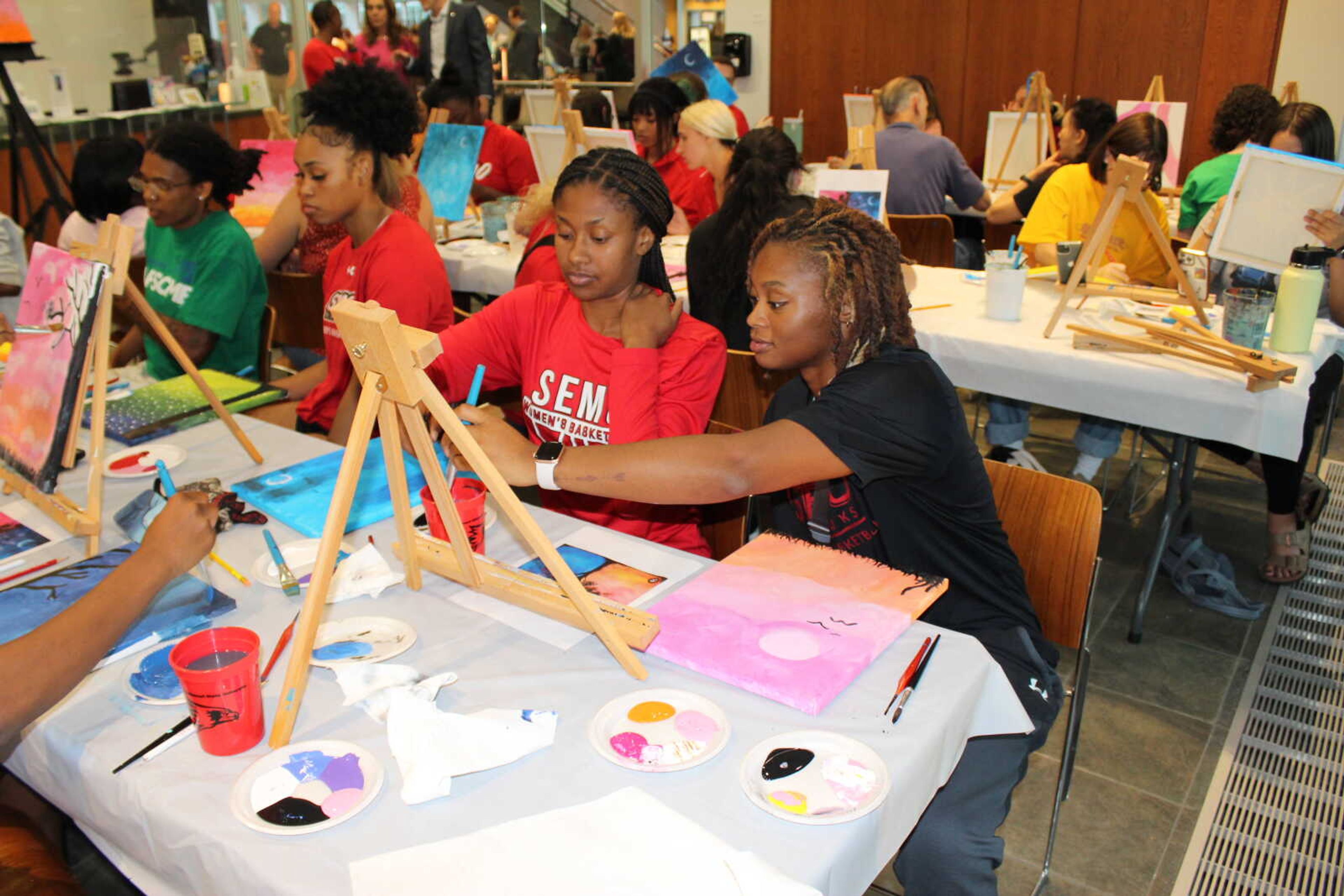“I miss work life before the pandemic,” said Layla Bouzihay, Southeast Sophomore and hostess at Buffalo Wild Wings in Cape Girardeau.
“To-go sales used to never be this crazy; I have never had so many people on hold or web orders coming in,” Bouzihay said. “It gives me a newfound appreciation for the days that I thought were busy.”
Food distributors and restaurants within most states are continuing to operate by providing carry out, curbside pickup and drive-through services which allow their employees to continue working during the pandemic.
The National Restaurant Association recommends foodservice operators observe rules that will allow them to continue serving food while also protecting public health. Association vice president Larry Lynch wrote operating restaurants should enhance sanitation efforts, increase the accessibility of sanitation supplies and stations and demonstrate food safety to customers, according to restaurant.org.
The U.S.Food and Drug Administration recommends employees manage their own health inside and outside of the workplace whenever possible by social distancing and self-monitoring or assessing any symptoms prior to work.
Due to social distancing guidelines issued by President Donald Trump, many businesses across the U.S. have been forced to temporarily close during the pandemic of COVID-19, only allowing those considered essential to remain open.
According to Missouri Gov. Mike Parson, essential businesses include public health operations, food production, consumption and distribution, stores that sell groceries and medicine and businesses that sell gas or are necessary for modes of transportation.
Parson issued calls to action to prevent general risk among the public such as avoiding gathering in groups larger than 10, as well as staying a distance of 6 feet from other individuals at all times.
Neal Schnoor, Drive-through window operator at Portillo’s Hot Dogs in Crystal Lake, Illinois, said the state’s guidelines are challenging to adhere to as a working individual in a kitchen setting.
Schnoor, a college student at Kansas State University, said maintaining 6 feet of distance at all times is difficult to follow in general but especially hard for someone working in a kitchen.
“The lack of space doesn’t really allow for employees to all be 6 feet apart and still effectively do their job,” Schnoor said.
Bouzihay said Buffalo WIld Wings has alternatively lowered their amount of staff in order to adjust to this recommendation.
“There are currently only about three to four cooks and two people bagging up orders in the back; other than that, no one comes in or out of the kitchen unless they are food runners,” Bouzihay said. “Each kitchen member is in their designated section so they do not cross paths.”
Harvard Medical School reported the virus has the ability to live on cardboard for 24 hours and on plastics for up to three days. Portillo’s management team worker Jackie Dumke said this could be an area of added risk when it comes to deliveries.
Patrick Smith, McHenry County College student, said as a drive through cashier at Portillo’s, interacting with different forms of customer payment can also be an added risk.
“When it comes to contracting or passing the disease at work outside, we have conversations with at least 100 people each a day — who knows who has the virus.” Smith said.
Dumke, a kitchen staff worker, said all businesses share a responsibility to keep their food and surroundings clean, and they are responding proactively by implementing heightened sanitary regulations due to the circumstances.
“The last thing you want to do is make a sick person even more sick, so in the kitchen, we are wearing gloves, limiting staff and practicing good hand washing techniques,” Dumke said.
The Center for Disease Control and Prevention also recommends employers issue employees facemasks to wear at all times in order to protect workers from each other and customers, according to the CDC.gov.
Bouzihay said the store has made some additional adjustments to its regular service guidelines in order to keep customers safe.
“At Buffalo Wild Wings, cashiers usually open the food boxes up to check the food with the customer,” Bouzihay said. “We no longer do that and we ask the customer to do so themselves. Now once food leaves the kitchen, it can not go back in regardless if the box was opened.”
Employees are also taking the responsibility into their own hands when it comes to protecting other individuals from contracting the virus.
“I always wash my hands before I leave work and after I get home. We all need to do our equal part to get rid of this thing faster,” Smith said.
Bouzihay said among the chaos, employees and their team continue to promote an optimistic outlook and attitude.
“My managers have stayed positive and strong through it all. It has really shown the amazing company that I work for,” Bouzihay said.
The stay-at-home order which allows individuals to continue at essential businesses is currently in place until Saturday, May 3.








